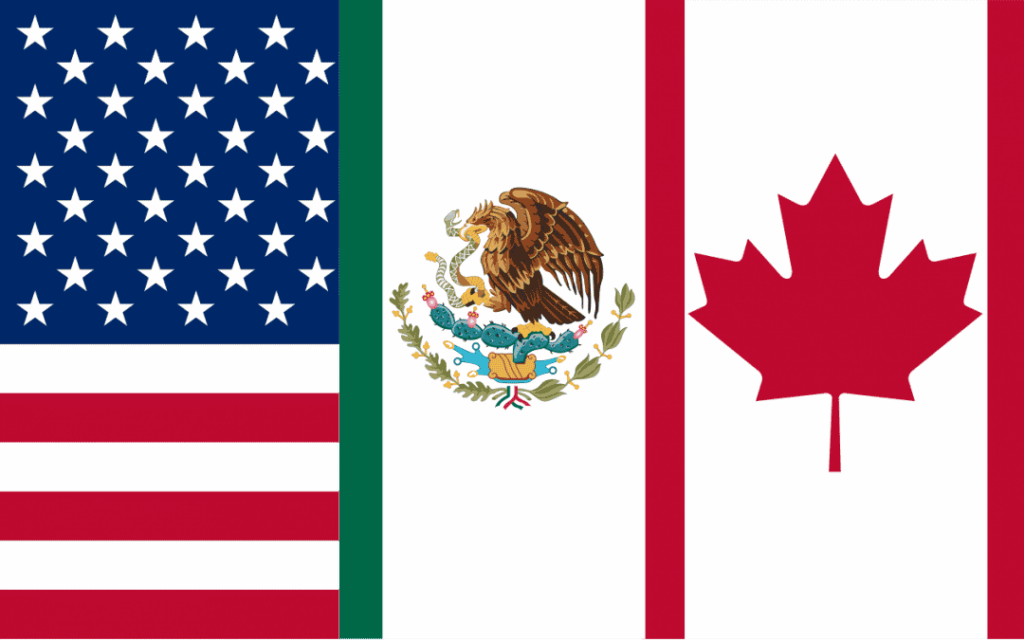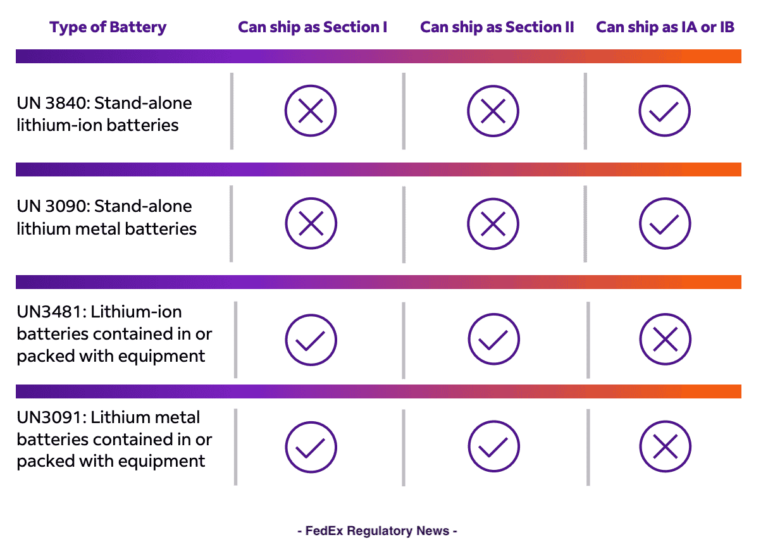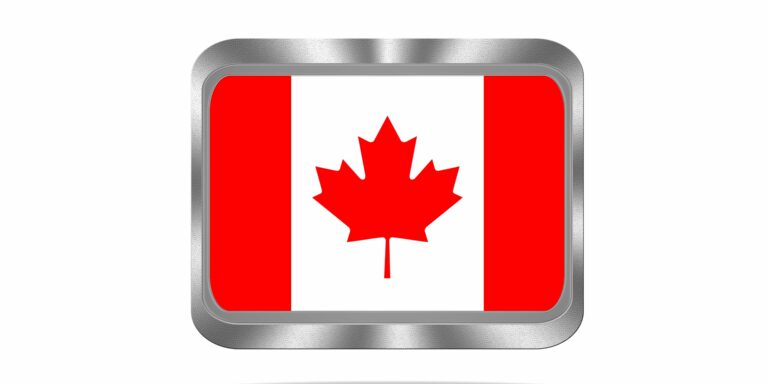Brace for action: NAFTA rules still enforced despite USMCA replacement
The United States-Mexico-Canada Agreement (USMCA) might have replaced the North American Free Trade Agreement (NAFTA) on July 1, 2020, but NAFTA rules still hold sway in the enforcement agencies on both sides of the border.
Mexican Customs, through the Tax Services Administration (SAT), is not only verifying USMCA origin claims but is actively pursuing NAFTA verifications going back up to five years. Nearly two years of US exports to Mexico, as well as imports from Mexico or Canada, are still open to verification under NAFTA. To make matters worse, the statute of limitations for claims of fraud under NAFTA does not begin until discovery of the fraud, adding to the complexity of the issue.
Although the text of NAFTA has disappeared from the usual United States Trade Representative (USTR) and US Customs and Border Protection (CBP) website portfolios where it was once readily available, traders from the US sending goods to Mexico (or vice versa) who issued NAFTA certificates of origin need to prepare for SAT requests for verification.
Requests from SAT concerning NAFTA are continuing at a steady pace and will likely continue to do so for the next two years until the five-year anniversary of July 1, 2020, when NAFTA was replaced by USMCA.
What to expect
Mexican importers who relied on certificates issued by US parties will hold them accountable. The information required for a verification of origin is comprehensive, and SAT has a reputation for being strict about time deadlines. Furthermore, the party that issued the certificate in the US or Mexico must reply to the SAT questionnaire and provide all supporting documentation (e.g., invoices, bills of material, bills of lading) within 30 days; otherwise, it will receive a notice to deny benefits. It then has another 30 days to file a complete response. Extensions for incomplete responses are not granted, and an insufficient response will leave the Mexican importer liable for unpaid duties plus surcharges, penalties, and interest.
Best Practices
Respondents should never assume they can drop their response in the mail or courier it to Mexico City and expect success. To ensure a successful SAT filing, the best practice is to submit the complete filing at SAT headquarters in Mexico City – with all required translations into Spanish.
USMCA, like NAFTA, permits the importing country’s customs authority to conduct on-site verification of origin questionnaire responses. An exporter who received a questionnaire should anticipate a possible visit from officers of the foreign customs authority to their facilities, where they can examine records supporting the origin claim and the facilities used in the production of the goods.
Producers in the US, exporters to Mexico, and importers into Mexico who have a NAFTA certificate of origin need to ask themselves if they have the necessary assurances that their certificates were correctly completed, and supporting records are readily available to respond quickly when asked by SAT. The same is true for imports into the US from Mexico. In summary, “an ounce of prevention is worth a pound of cure.”
The Sheppard Mullin international trade team can help do the necessary NAFTA/USMCA check-up by reviewing and confirming accuracy in certificates and verifying that all the supporting evidence and documents are in order to avoid a frantic last-minute fire drill. It is better to be safe than sorry.
Source: https://www.natlawreview.com/article/gone-not-forgotten-continuing-importance-nafta-compliance

USMCA Course
Issuing a USMCA origin statement represents a firm’s commitment to understanding the rules of origination, record keeping, and legal obligations. Our USMCA Rules of Origin Course provides the information you need to make decisions that will ensure your compliance with USMCA’s rules, U.S. Customs and Border Protection’s regulations while benefiting your supply chain and your customers.







